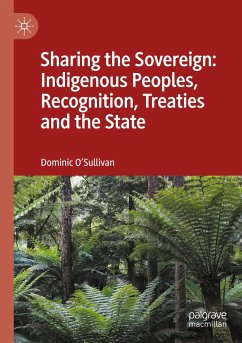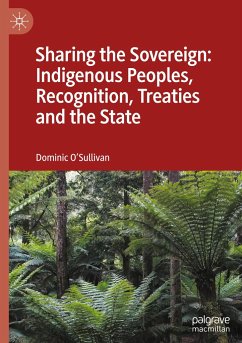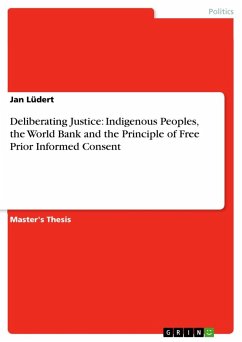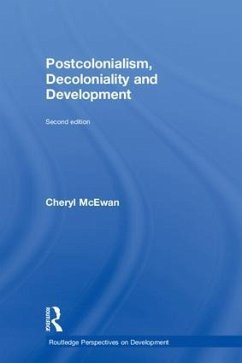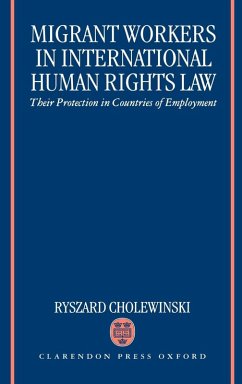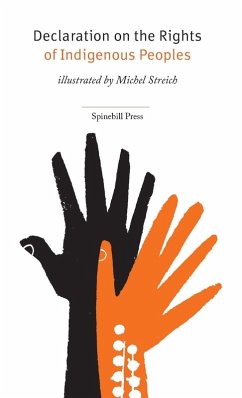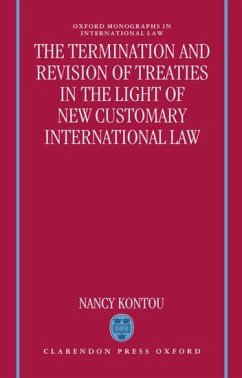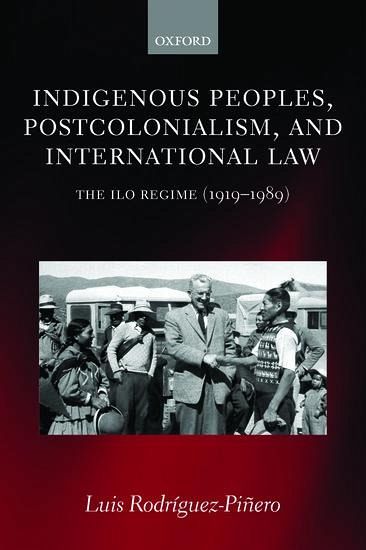
Indigenous Peoples, Postcolonialism, and International Law
The ILO Regime (1919-1989)
Versandkostenfrei!
Versandfertig in 1-2 Wochen
182,99 €
inkl. MwSt.

PAYBACK Punkte
91 °P sammeln!
The debate surrounding the rights of indigenous peoples is one of the most dynamic and controversial fields in contemporary politics. This book analyses the work of the International Labour Organisation (ILO) as a driving force in developing the status of indigenous peoples in international law. Focussing on the creation and implementation of the two legally binding international instruments in the area, Conventions No. 107 (1957) and 169 (1989), Rodriguez-Pi,nero traces the historical and political processes at work in the struggle of indigenous peoples for legal recognition.



